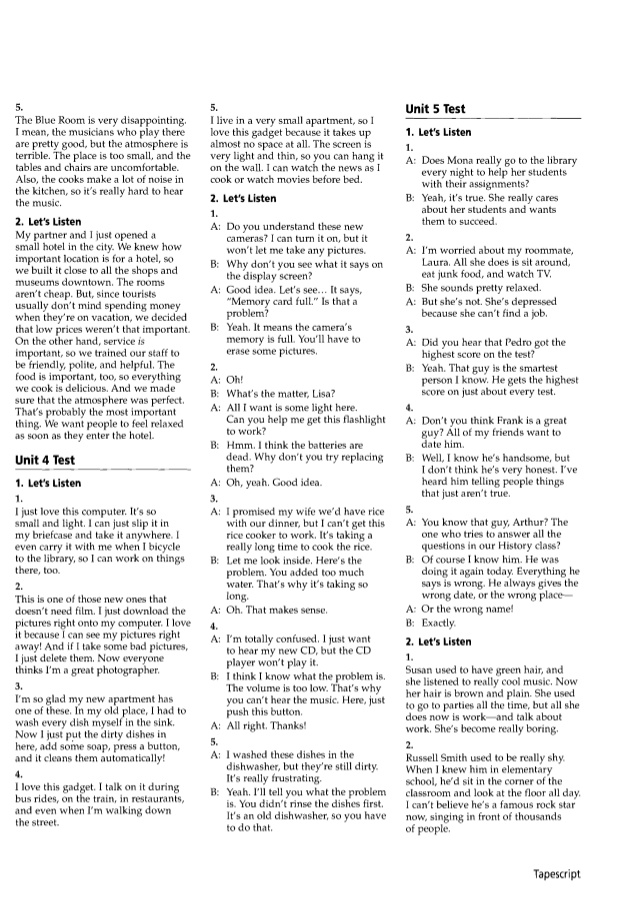
“Anti-racist work is about coalition-building, it’s about partnerships among students, the university, and the local community,” Byrd said. The skills taught by educators in this workshop aim to improve communities beyond the university. “It could be different if I was a different major.” “My major deals with the public, and my professors really stress accepting others who don’t look like us,” Reed said. “I think students would benefit from this type of workshop, but it would be hard to reach the people who aren’t open-minded,” Reed said.Īs a psychology major, Reed found that the professors within the department do a good job at embracing anti-racism and teaching it to students.


Reed, also a member of The African American Student Union, agreed that students at UMKC would also benefit from anti-racism workshops. “But I think some people don’t realize how what they say affects other people.” “I don’t think anything physically would happen to me,” said Reed. “I think a first step in cultivating an anti-racist environment is listening to our BIPOC, LGBTQIA, and other groups of historically excluded students, since racism and anti-racism must be intersectional,” Byrd said.įourth-year psychology student Brenda Reed said she feels safe at UMKC, to an extent. “Even as a grad student, some of the assessment practices that I saw the first year of the composition program where I went to graduate school were not very appropriate for the context and the student body population,” Tinoco said.īyrd said that educators must unlearn their own biases by having discussions with fellow educators and students, in order to fully embrace diversity. The first part of the workshop revolved around the tactics used in student assessments. 14, was interactive and involved open conversations and self-reflection. The workshop, conducted over Zoom on Oct. “This workshop series is partly about helping faculty see how that happens in writing instruction and giving them the tools to create more inclusive spaces that recognizes the linguistic and cultural diversity of their students.”īyrd hosted the event in collaboration with Virginia Schwarz, an assistant professor of English at San Francisco State University, and Lizbett Tinoco, an assistant professor of English at Texas A&M. “The classroom is a space where racism happens,” UMKC English professor Antonio Byrd said. This month’s workshop, “Cultivating Antiracist Assessment Practices: A Faculty Workshop Series,” was part of UMKC’s Shutz Lecture Series designed to engage and challenge faculty to explore their biases and create anti-racist classroom assessments. UMKC expanded the conversation on anti-racism by hosting a workshop specially crafted for faculty and staff members.


 0 kommentar(er)
0 kommentar(er)
